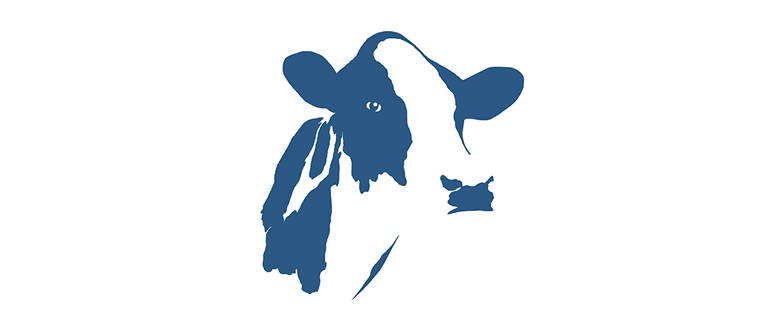
Changes to bovine identification, registration & movements
The Department for Environment, Food & Rural Affairs are inviting views on the future of bovine identification, registration, and movements in England. This consultation is an opportunity for you to help shape and influence the future direction of bovine identification, registration, and movements and builds upon previous engagement with industry. The consultation will give everyone the opportunity to have their say on future changes to bovine traceability in England.Have your view in the following areas:
Find out more and have your say
- Simplifying the regulations,
- A fairer and more proportionate enforcement system,
- Bovine Electronic Identification (BeID),
- Future of holding registers,
- Removing passports for cattle fitted with BeID,
- Movements:
o Whole movement reporting
o An option to reporting movements in advance (pre-notification)
o An option to provide transportation details,
- Paperless processes, and
- Late registration of calves.
These proposals will enable the modernisation of the cattle traceability, to better capture information about the national herd to help stem disease spread during an outbreak.
With a new central cattle domestic traceability database and the introduction of bovine electronic identification, which will reduce the administrative burden and a simplification of the regulations for the farmer. An effective cattle traceability system is essential to control the spread of infectious diseases. Failure to do so can have a devastating impact on the economy, international trade, and public health. By being able to identify and trace cattle to a location, there will be a better chance of tackling disease outbreak. The accuracy of traceability data and the speed with which it becomes available is critical to reduce the impact of disease.
The current Cattle Tracing System (CTS) was introduced in 1998. This was during a time when only 9% of household’s ad an internet connection. The process relied heavily on information and documents being sent by the post and processed manually. With a new modern system in mind that can meet the needs of today and can give confidence to consumers and the international community with whom we trade.
DEFRA wishes to work with the industry and aim to put new processes in place to improve the quality of cattle traceability data and the speed it is captured. When bovine electronic identification is introduced, keepers will be able to scan a cow’s ear tag to access its digital record, make changes, and report births, movements, and deaths.
Holstein UK E-Newsletters
| View previous Holstein UK E-Newsletters |
|---|
| 2023 |
| 2022 |
| 2021 |
| 2020 |
| 2019 |
| 2018 |
| Sign up to receive e-newsletters from Holstein UK
|
Do you have any news?
Let us know if you have something to share
Club News
